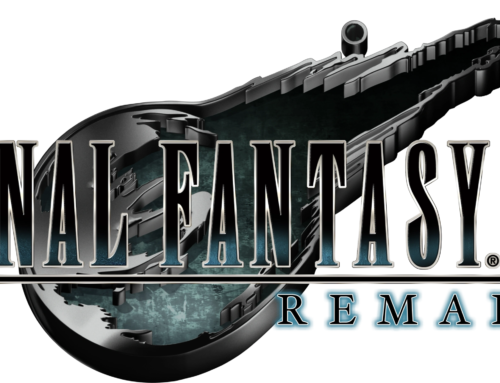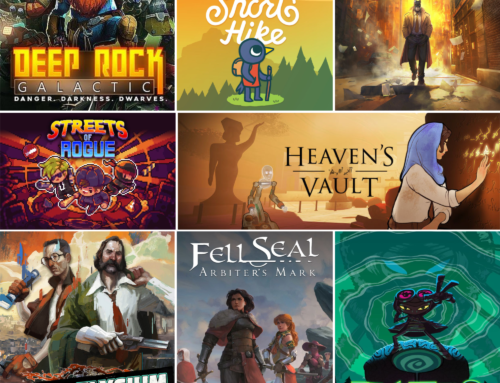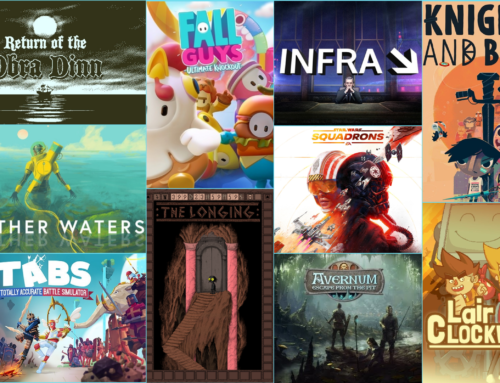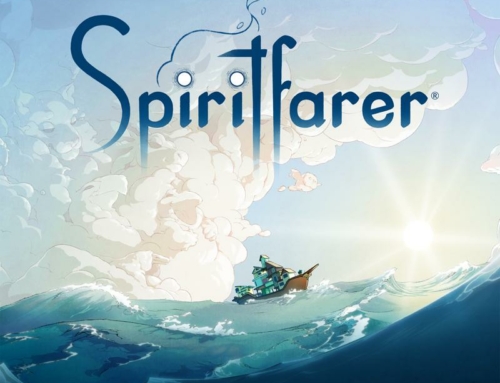Author’s Note: Since I’m writing about a pretty prominent game here, I’m going to assume some knowledge of the game and the series on your part; there’s no point regurgitating reviews at this point. As always, use Wikipedia if you need a quick catch-up, or better yet, play the original Fallout.
There are few things as enjoyable as a game that exceeds expectations. I love it when a game is just as great as I’d expect, but there’s no surprise in it. It’s comfortable, but generally not exciting. I usually only play one or two games a year that I enjoy a lot more than anticipated. Fallout: New Vegas is one of those games.
I’m about 55 hours in, and for most of that time I’ve been thinking about why I like this game so much: specifically, why I like it a lot more than Fallout 3. Fallout 3 was a critical darling as well as a commercial success, and introduced the series to millions who hadn’t played the original (namely, console gamers and those young enough to have missed it the first time around). There is much to recommend the game, but I felt that it lacked a soul of its own. Its game design was almost wholly borrowed from Oblivion (it was, as the dedicated Fallout fans feared, “Oblivion with guns”), but its narrative, its aesthetic, the little details that made Fallout what it is, were lacking. At every turn Bethesda took the middle road, emulating the flavor of Fallout without truly respecting it. They weren’t willing to take the series in a radical new direction and really make it their own, but neither did they make a faithful sequel: they were either unable or unwilling to explore the grey areas that characterized Fallout. The result was a game that was Fallout on the surface, but whose narrative and quests were essentially the same black-and-white fantasy that characterized Oblivion.
I bring this up here because Fallout: New Vegas is so very, very different.
Which I didn’t expect, because I have at least some faith left in the journalistic establishment, and by and large they claimed that Fallout: New Vegas was, for better or worse, basically the same as Fallout 3 but with a new setting and a lot more bugs. What’s bizarre is that this is true, but only on a formal level. Not to get too academic here, but when reviewing a game one would ideally look at both form and content; but content is the more apparent of the two, and often reviewers and gamers will get too caught up on the content of a game to appreciate its formal accomplishments (see the negative reviews of Heavy Rain for an example of this). Yet if the content is good, it rarely receives the same recognition, at least not in depth, and that seems to be the case with Fallout: New Vegas.
This isn’t to say that the form isn’t improved: at every level, it is. Locations are better laid out. Companions are easy to control. Combat is more balanced. I could go on. But when trying to figure out why I liked Fallout: New Vegas so much, I kept coming back to the content. Namely, the dialog.
In Fallout 3, dialog was usually a means to end. It was simply another RPG component, designed to justify every FedEx and kill quest. This is an important task – the player needs a reason to do things – but dialog can offer so much more. I haven’t counted, but I suspect that Fallout: New Vegas has considerably MORE dialog than Fallout 3. This should could as no surprise given that New Vegas is built by some of the folks behind Fallout 2 and Planescape: Torment, games that were considerably more talky than any RPG of the voice-acting era. But it allows the game to breathe. I don’t just want to know that Some Radscorpions Are Causing Trouble And I Should Kill Them. I want to know what a radscorpion is, what exactly they’ve done, and how their actions have affected the community. New Vegas consistently delivers on this counts. Even the most minor of characters will have a little bit of telling dialog. In the ruins of a quarry mining town called Boulder City, I found a soldier on leave. He was starring at a monument to a battle there, and told me about how his brother died in it. This wasn’t connected to any quest, and there was no advantage to be gained by talking to him: it was simple characterization. Fallout 3 lacked this: for all its hundreds of mutant-infested caves and factories, there were scant few world-building exercises.
The original Fallout was the rare game that focused, first and foremost, on its setting. The plot, the characters, and the combat were all well-developed, but were all designed around what made sense in the context of post-nuclear California. It never betrayed its setting, never went for the shocking plot twist that failed the believability test. Fallout 2 goofed off more, and some fans of the original still resent it for being over-the-top; but even it displayed a love of its world, relished in adding more flavor and humor to it. That love returns in New Vegas, and it’s welcome.
New Vegas also excels at making choices difficult. It’s been a long time since I had this much trouble choosing my allegiances. The factions are all well developed, even the most villainous one, and choosing the future of New Vegas is no easy affair, even for a do-gooder. These difficult moral quandaries – which inhabit most side-quests, not just the main story – are what engage me more than anything, what defines the greatness of game-fiction. Hell, I wrote a whole book on them. And I remember them. Ultimately, that, I think, is what will distinguish New Vegas from Fallout 3 more than anything. Fallout 3 was an engaging game, and I probably logged a good 70 hours in it. Yet I can remember about 15 minutes of that. For whatever reason, it simply didn’t stick, probably for some of the problems listed above. But New Vegas will be one of those games that I remember for years to come. I’ve crafted a real story, not just cut a power-gaming swath through the wasteland. It’s mine, and I’m keeping it.




Leave A Comment